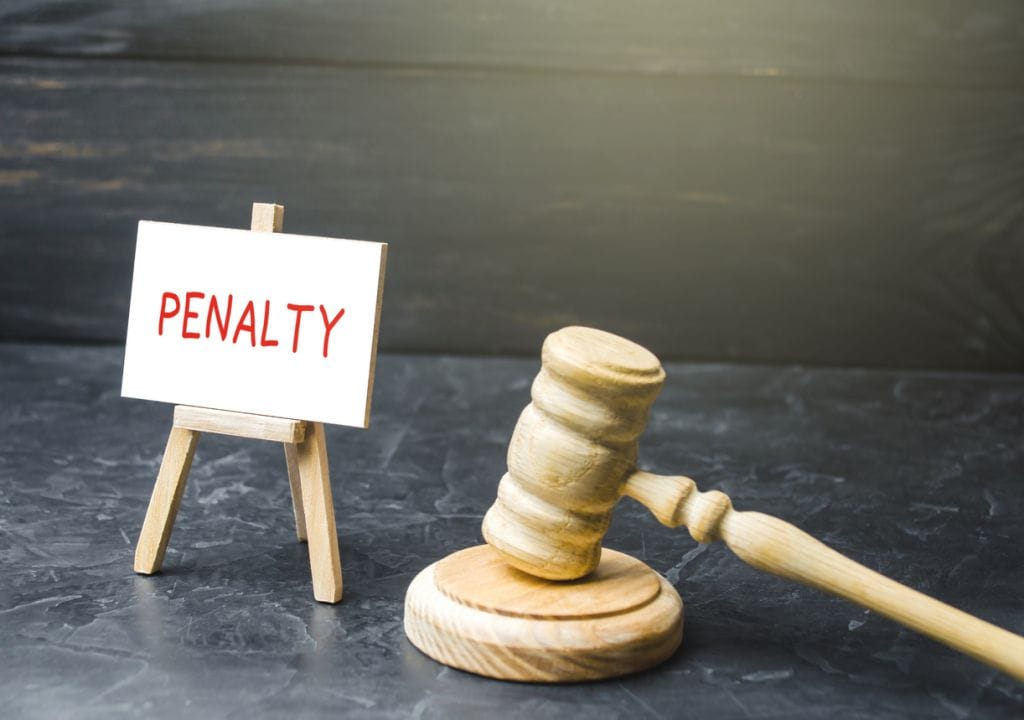The ATO’s approach
With billions of dollars in outstanding company tax debt, the Australian Taxation Office (ATO) is under strict instruction to raise revenue and crack-down on poor compliance.
What are Director Penalty Notices?
A DPN (Director Penalty Notice) is an official notice issued by the ATO to current or former directors of a company, informing them they may/have become personally liable for unpaid company debts, relating to tax and superannuation. These notices are either lockdown or non-lockdown (standard) DPNs. Directors are responsible for ensuring the company fulfills its obligations and can be penalised accordingly.
Non-lockdown DPNs
A non-lockdown DPN may be issued to the director of a company if:
- The Business Activity Statements (BAS), Instalment Activity Statements (IAS) have been lodged within three (3) months of the lodgment deadline; and/or
- Superannuation Guarantee Charge (SGC) statements have been filed within one (1) month of the lodgment deadline; and
- The PAYG, GST and/or the SGC is still unpaid.
What options does a director have for non-lockdown DPNs?
A non-lockdown DPN provides directors with a certain timeframe to remit or waive their personal liability for company tax debts. The options to remit the director’s penalty are often detailed in the DPN and include doing one of the following within 21 days:
- Causing the company to pay the debt;
- Enter into a payment arrangement;
- Appointing a voluntary administrator to the company;
- Placing the company into liquidation; or
- Appointing a small business restructuring practitioner.
If none of these actions occur within 21 days, the DPN becomes ‘locked-down’, making the director personally liable to pay the director’s penalties. If you have received a non-lockdown DPN, it is important to take immediate action.
Lockdown DPNs
A DPN will also become ‘locked-down’ if a company fails to pay its outstanding debt and fails to lodge with the ATO:
- Its PAYG + GST within 3 months of the due date; and/or
- It’s superannuation within 28 days of the due date for payment.
When this occurs, the director becomes personally liable for the company’s outstanding tax and/or SGC liabilities. The ATO may then issue a director penalty notice to inform them of this lockdown penalty. After the lockdown DPN has been issued, the ATO may take enforcement action against the directors to recover the debt.
What is the ATO’s Approach?
The DPN regime was initially introduced to ensure lodgement and payment compliance. Where this is not possible, the regime aims to encourage directors to seek urgent professional advice and/or appoint an insolvency practitioner to the company. The introduction of the lockdown penalties expands the regime and assists with recovery. However, it does not allow the director to remit the penalty by appointing an insolvency practitioner. As such, these penalties remain owing by the director until they have been paid.
The takeaway
Ensuring the company remains compliant with its lodgements is important as it prevents directors from becoming liable for lockdown penalties. If you receive a DPN, immediately contact an insolvency professional.

